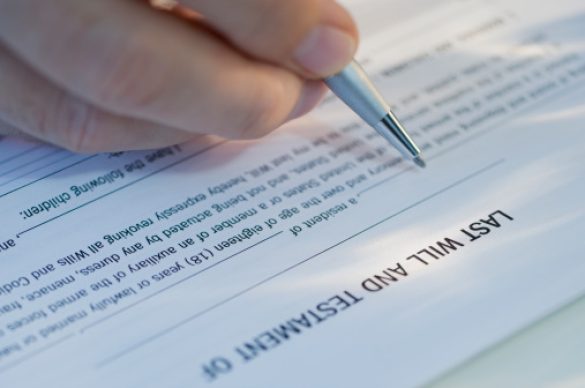

I’m going through Family Court. Can I record my ex?
In the modern day where nearly everyone has a smart phone or other devices where interactions can be easily recorded, there is a question that is on the rise in family law: “Can I record my ex to prove my point?” This is a clear layer of security that a lot of people like to have when it comes down to a “he said, she said” type situation. But what does the law say about recordings?
Is it lawful to record someone?
The simply answer is that in most states, unless both parties are aware of the fact they are being recorded, it is unlawful.
In Western Australia, the making and use of recordings is governed by the Surveillance Devices Act 1998 (WA)(‘the SDA’). Section 5 deals with listening devices and section 6 of the SDA deals with optical devices. You cannot install, maintain or use optical or listening devices to:
-
-
-
- record, monitor or listen to a privateconversation to which you are (or are not) a party to; or
- to record visually or observe a private activity to which you are (or are not) a party to.
-
-
Section 3 of the SDA describes what is included as an optical or listening device, and the modern day smart phones, smart watches, dash cams and nanny cams would all be included within the category.
Is there any exception to this? What about for Court?
An exception to the above is when each party to the private conversation consents expressly or impliedly to the recording, or otherwise, when the recording is reasonably necessary for the protection of the lawful interests of a party to the conversation.
From a family law perspective, this is seen most commonly during handovers of children between parents, or where interactions have to occur but there has been or is likely to be family violence.
But are those recordings admissible in court?
Section 69ZT of the Family Law Act 1975 (Cth) provides that the rules of evidence do not apply to child related proceedings unless the court decides otherwise.
Essentially, evidence that is acquired improperly or in violation of Australian law is not admissible unless the value of admitting the evidence outweighs the objectionable value of admitting evidence obtained in such a way.
In deciding this, the Court will often consider issues such as:
- How was the recording made?
- Was the recording intentional?
- Was there was actual or implied consent by the parties at the time of the recording?
- Is the publication or communication of the recording for the protection of lawful interests?
- How serious are the issues that are allegedly evidenced in the recording?
So what can I do?
Seek advice from your lawyer before you start taking any recordings, or attempting to admit any recordings into evidence in Family Court proceedings. Please do not hesitate to make an appointment with one of our experienced team of Family Lawyers to discuss this further.
Latest Posts
Why is Estate Planning so important?
Estate planning is essential for securing your legacy and managing your affairs, not just for after you’re gone, but also to prepare for unexpected events...
5 Life Events that may have you consider making a Will
"I should really get my Will done”, is a regular refrain. In a busy world it is hard to find the time or the right motivation to go ahead and get it done....



